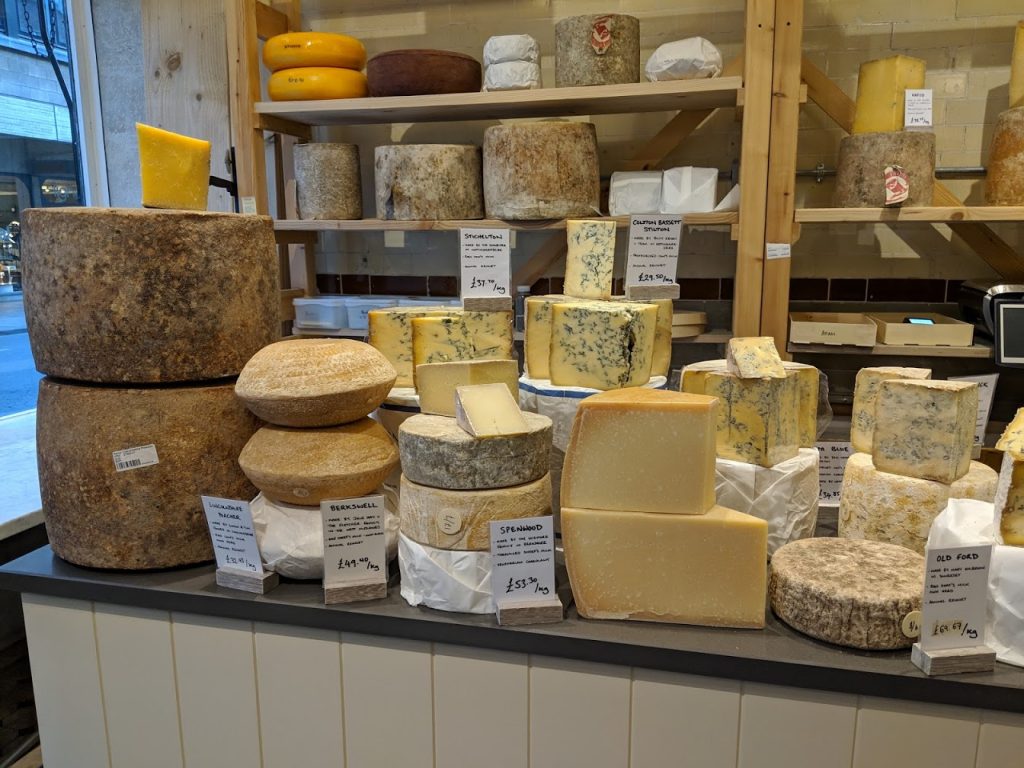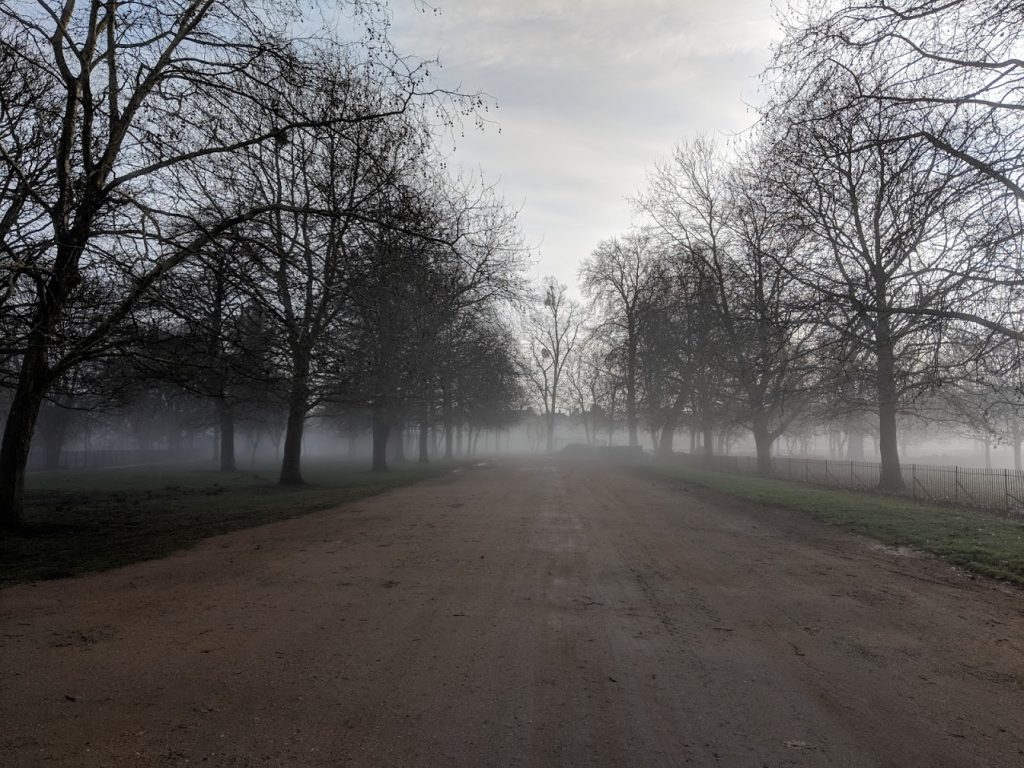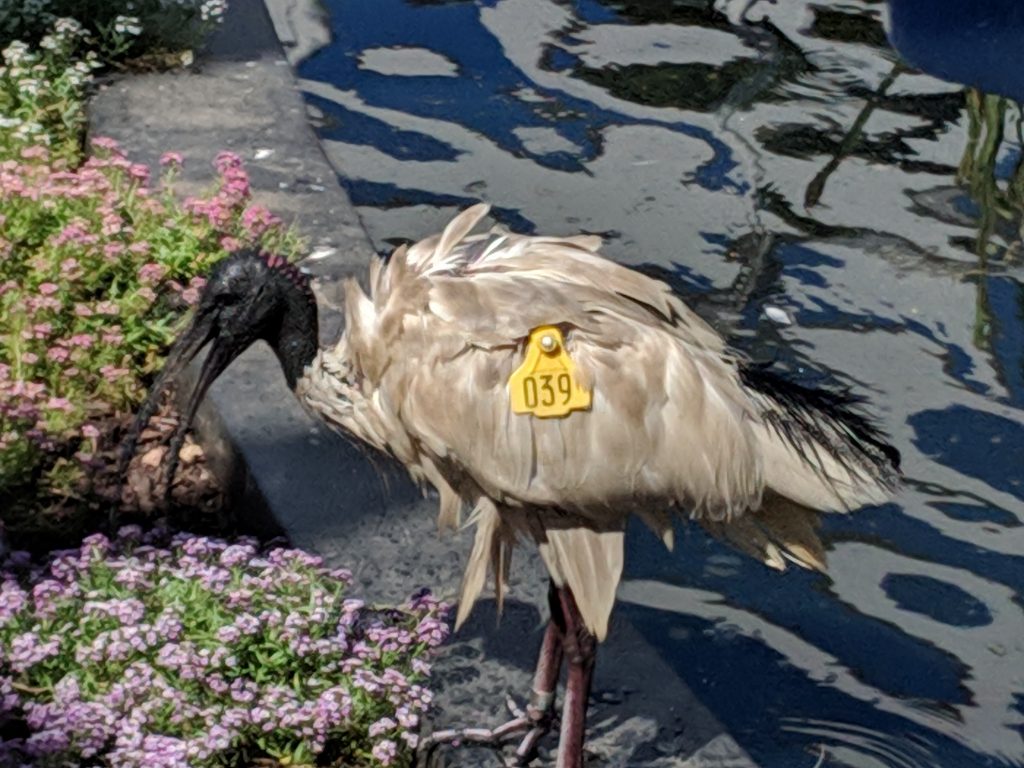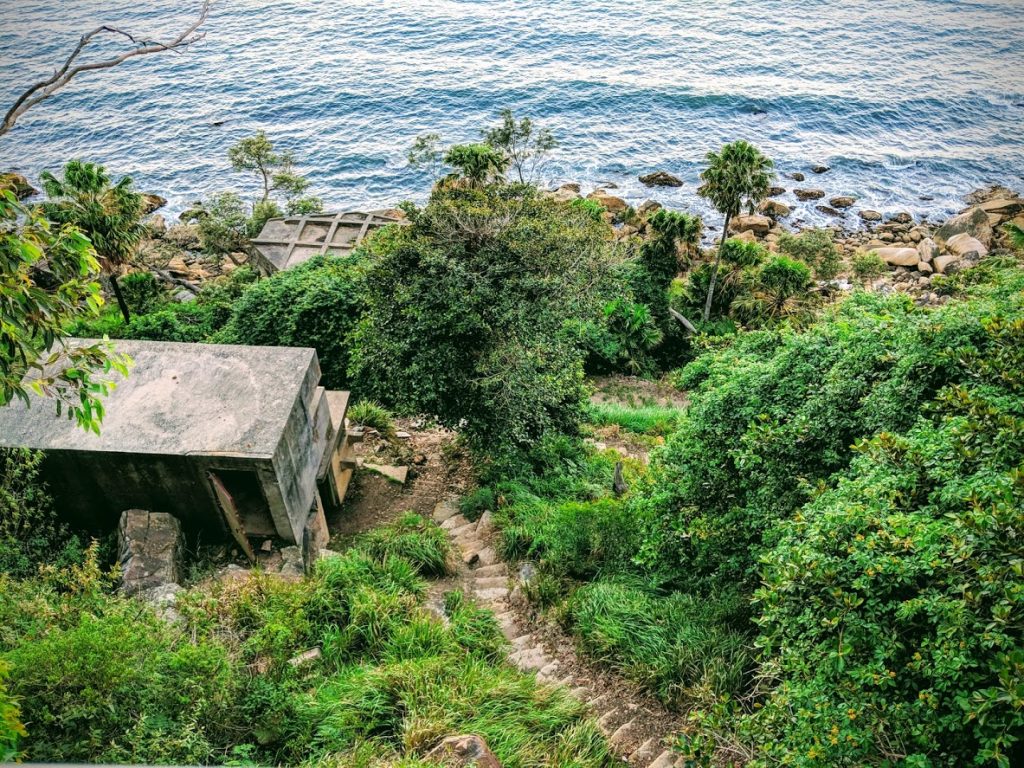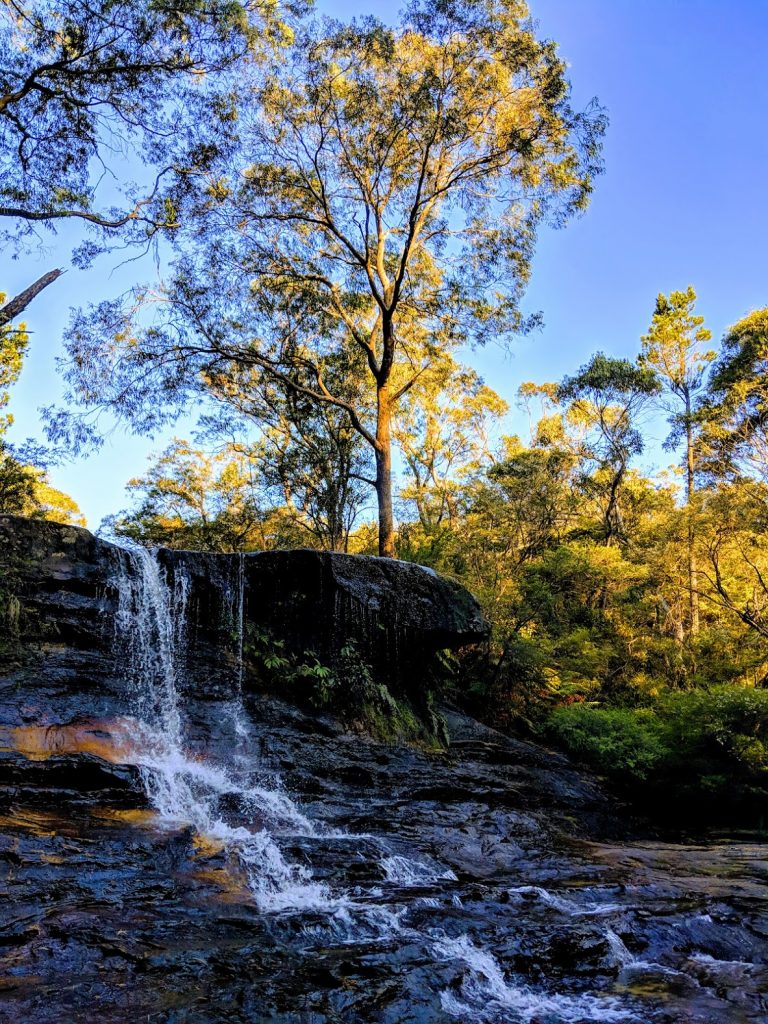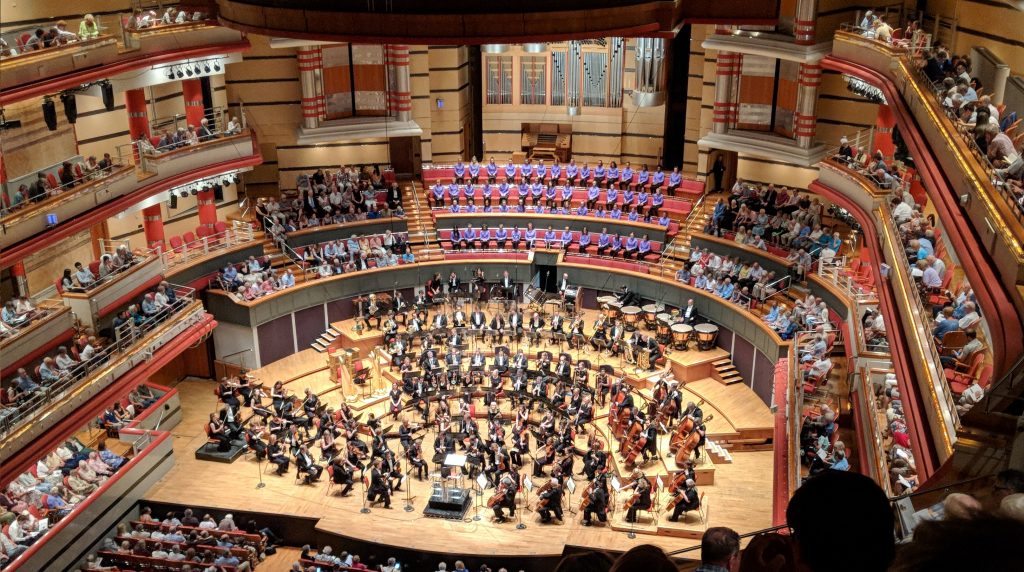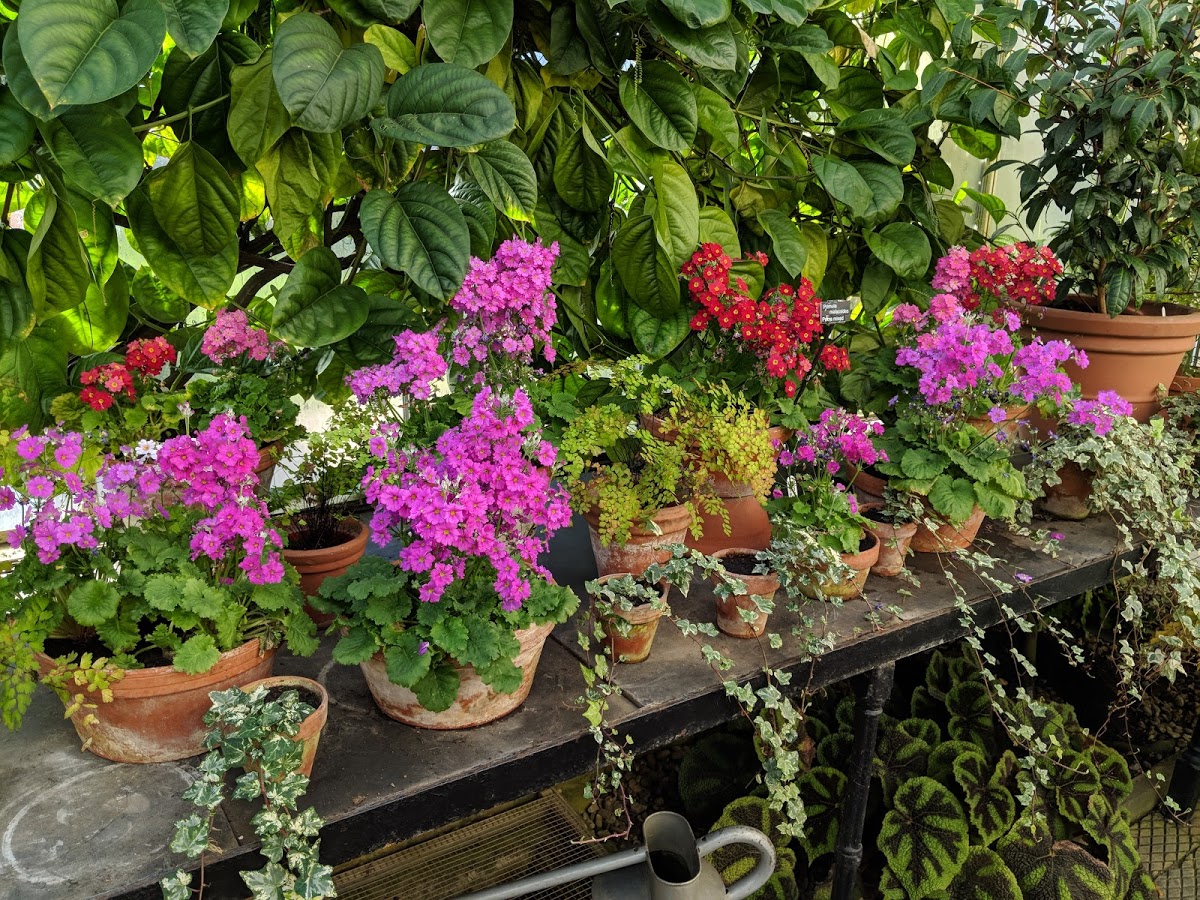Short version: This week is pretty heavy on personal reflection. I have struggled to keep in regular contact with friends, but recently have been improving. Some other thoughts on communicating, social media, and socialising in general.
Long version:
Personal Reflection
Broadly, my priorities in life are
1. Maintaining good mental and physical health,
2. Relationships,
3. Science (my academic and career pursuits), and
4. Hobbies.
Relationships are the area where I struggle most to allocate time effectively.
Having worked to stop setting unrealistic expectations in my academic pursuits, I can see the same harmful perfectionist tendencies in how I approach my relationships. I want all my interactions to be substantive, prompt, and to take up no time. This is simply not possible. Quick responses are necessarily glib. Writing something meaningful takes time and so cannot be prompt. This inherent time investment provides an excuse to delay, which breeds guilt at leaving messages piling up in a variety of inboxes. Then avoiding this uncomfortable guilt leads to avoiding the messages that ought to be a source of joy. In turn this means I set higher expectations on what I might communicate to make up for the ever growing delays. Occasionally I do set time for keeping in touch where longer phone calls or letters are produced, but these sporadic moments can end up being several months apart.
Not being able to exercise control over who I keep in touch with and when, I fall prey to biasing proximate interactions, even if they are less significant to me. This is exacerbated by finding it hard to say no, and generally being hungry for appreciation and approval. Thus these happenstance interactions can fulfil some of my social needs, whilst leading me to neglect people I would better enjoy sharing time with.
This week I’ve been reaching out to old friends, and it has been an anxious but rewarding experience. I’ve found with the people I’m closest to, months or even years go by and on meeting again we fall back into the same conversational flow as if it had only been a handful of days. I’d like to think this is the nature of strong relationships, though it is possible the causation is reversed; being poor at keeping in touch it is only people who hold relationships this way that I am able to successfully keep as friends. I do think that there is some underlying connection that is a source of mutual happiness and kinship, even if left dormant for an extensive period.
In short, these days it is rare that my truly closest friends are physically closest to me, and that has really revealed how important it is to take control of my social interactions. I think it’s worth noting as well that I’ve made very fulfilling connections here in Oxford, and that whilst my thinking can often be based around binary extremes, allowing circumstance to lead to making new friends is also incredibly rewarding.
Social Media
Purpose:
Facebook’s mission statement reads “Founded in 2004, Facebook’s mission is to give people the power to build community and bring the world closer together. People use Facebook to stay connected with friends and family, to discover what’s going on in the world, and to share and express what matters to them.” The world’s most popular social networking site has not handled its user’s data particularly well. I would intuit that with advertising as the main source of revenue for facebook, their internal focus is to get users to spend more time on the platform. That clash of purposes has become more clear as regulators become increasingly skeptical of tech giants, but I think there is also a clash of purposes in the minds of users, and therein lies the source of so much social media related unhappiness.
Addiction:
This week Casey Neistat “quit” social media as he found “an hour and forty six minutes a day … a significant amount of my day is spent on that mindless scrolling”. I certainly have shared that sentiment, mostly regarding reddit. Endless scrolling is a bad habit I’ve mostly overcome, by taking note to myself of why I am looking at my phone or PC before I use it, and then to only use it for that purpose and put it away. Ultimately, as much as reddit can feed my curiosity, entertain me, and create a sense of community through comments, it is simply an aggregator of content that I would be better consuming from the source.
Blogging
This blog began as a way to provide insight into me for prospective employers or academic mentors. Having happily found those relationships at ONI, it seems to have morphed into my place to share thoughts.
Keep in touch!
If this (or any one of my blog posts) sparks a thought you’d like to share, or if you think I’ve got something terribly wrong, or if you think there’s something I need to read/watch/listen to; start a conversation! You can leave a comment when viewing an individual post by clicking on the title of the post (I realise this is not at all intuitive and will think about a better way to make comments accessible). You could write me an email, or find me on facebook, LinkedIn, Twitter, or just find me and say hi!
Photos from the Week
Spring is bringing flowers to Oxford’s streets. I bought some cheese.




